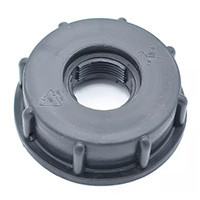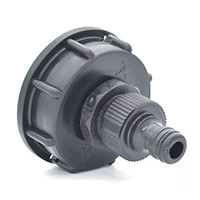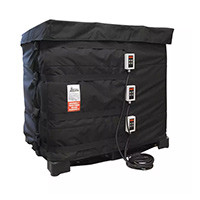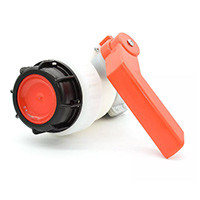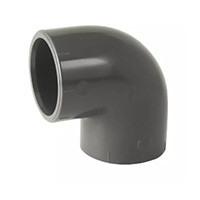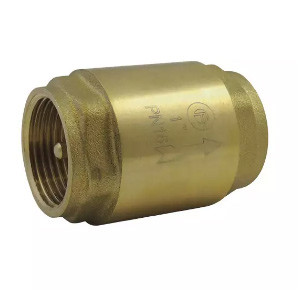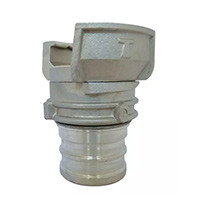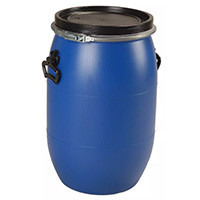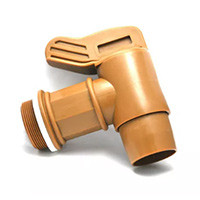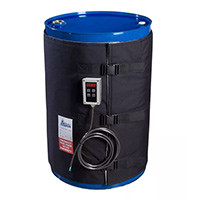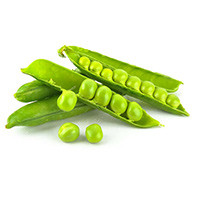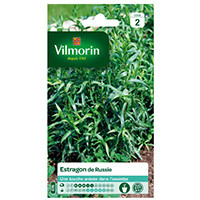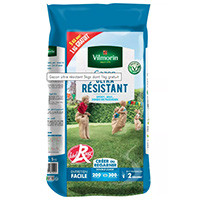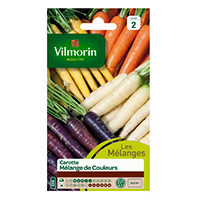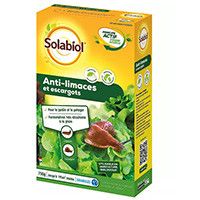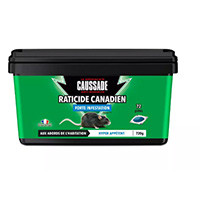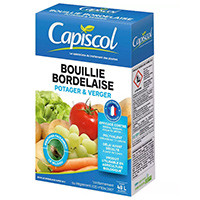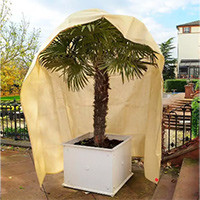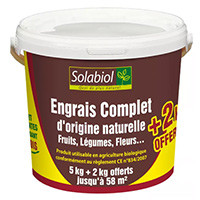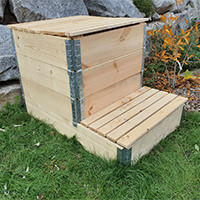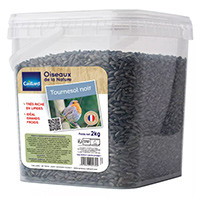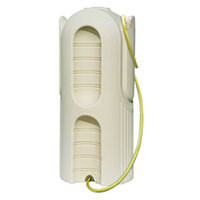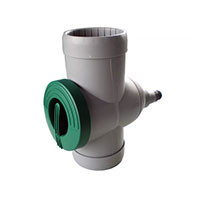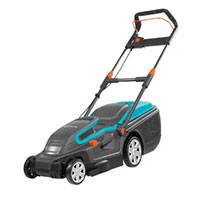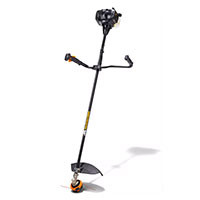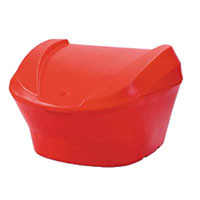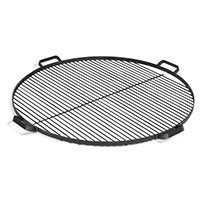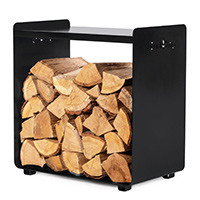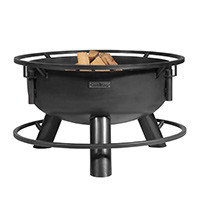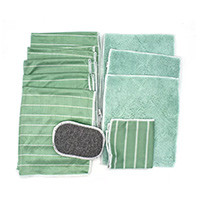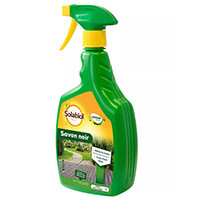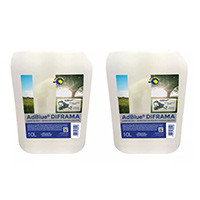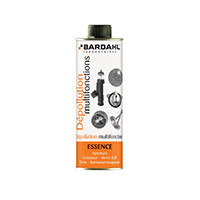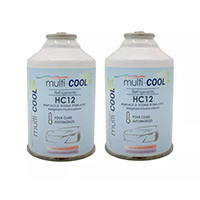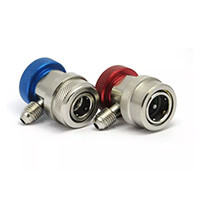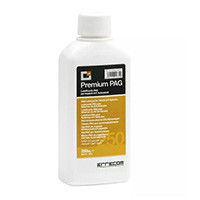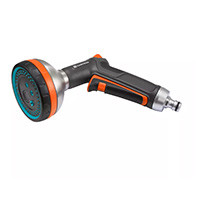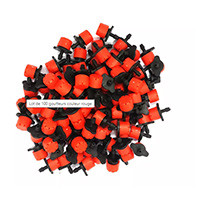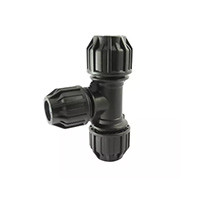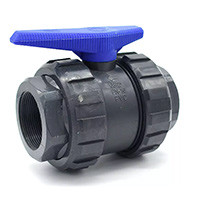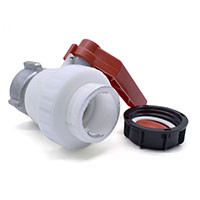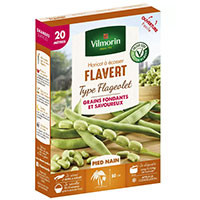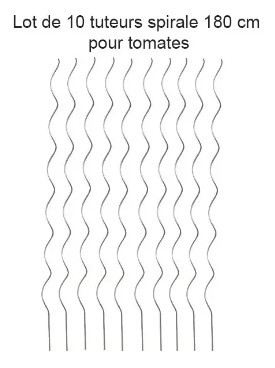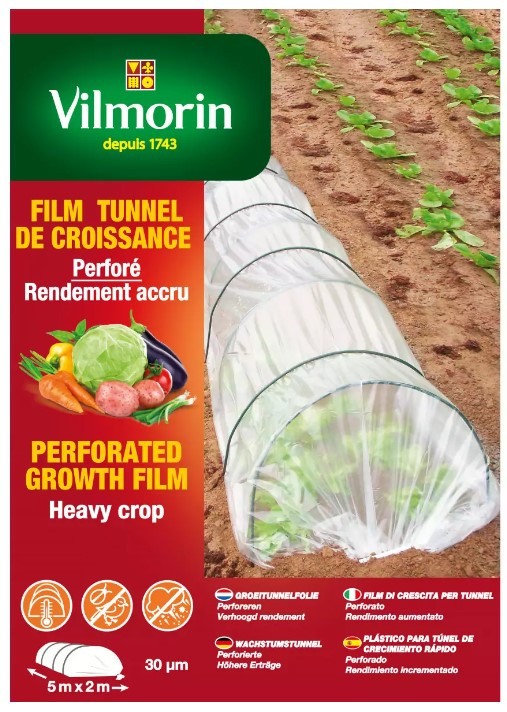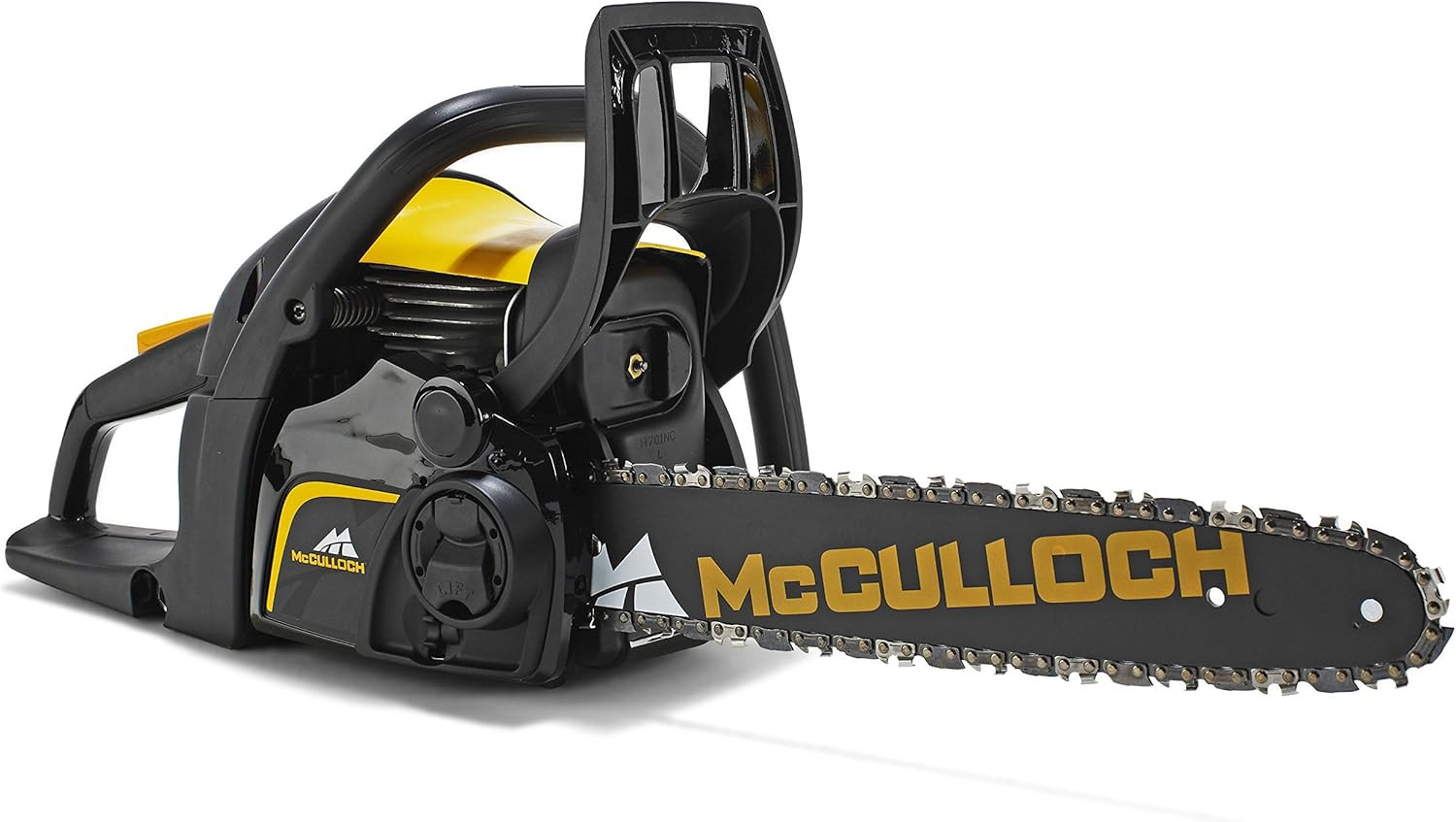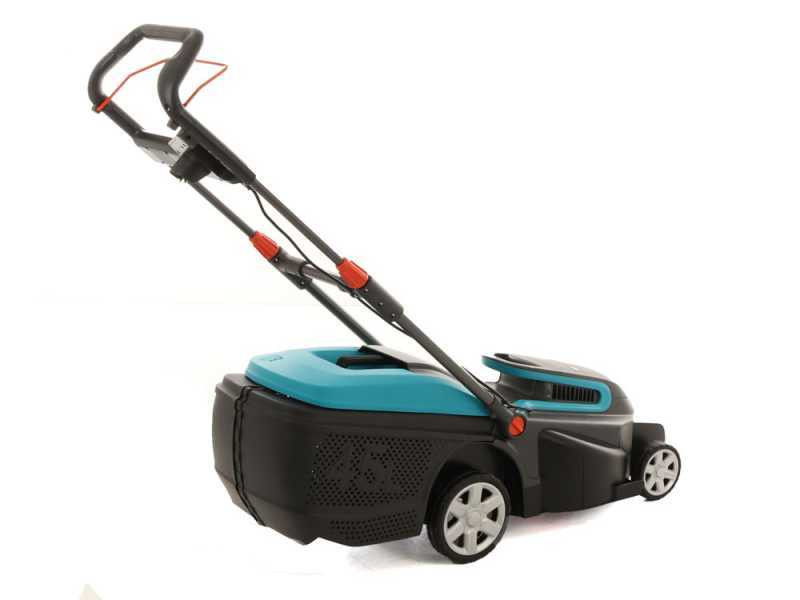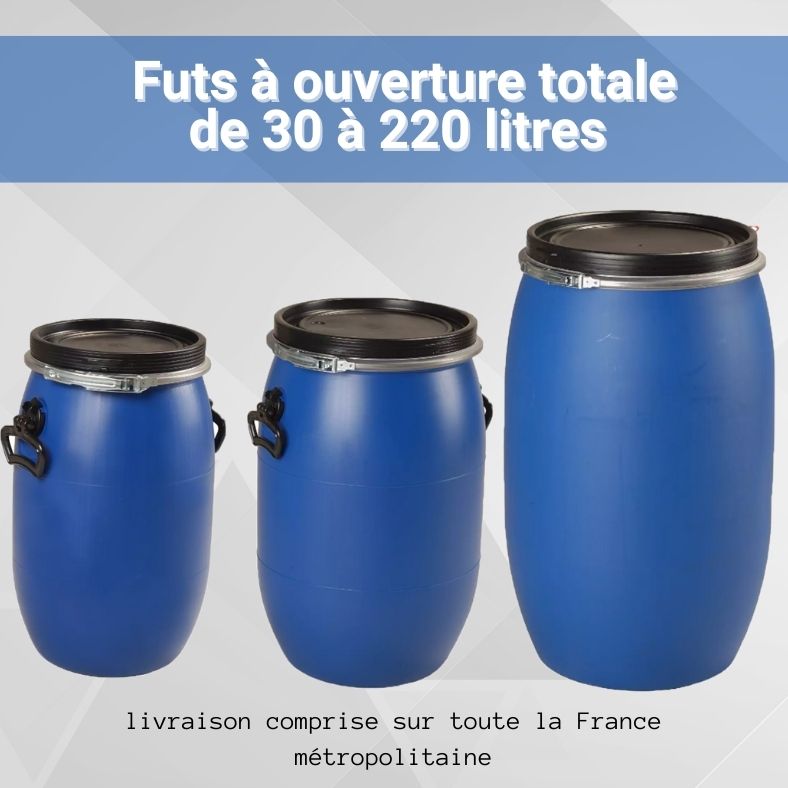In our daily lives, we all produce green waste, such as wilted leaves, branches and flowers from our gardens or indoor plants. This waste can represent a significant amount of organic matter which, if not treated properly, can be harmful to the environment and our health. In this article, we will give you tips on how to do with your green waste at home, to recycle it and contribute to the preservation of our planet.
Let's start by understanding what green waste is. Green waste is organic matter from plants, trees, shrubs, flowers, lawn clippings, fallen leaves, branches and gardening debris in general. This waste represents a large amount of organic matter that, if not treated properly, can release greenhouse gases and thus contribute to global warming.
That's why it's essential to know what to do with this green waste at home. There are several methods to treat green waste and recycle it into compost or mulch. Composting and mulching are natural and environmentally friendly methods to recycle green waste and use it as fertilizer for your garden. Now let's see in detail how to set up these methods at home.
Composting:
Composting is a natural method of recycling green waste. Composting involves mixing green waste with other organic materials such as food scraps, paper, cardboard, etc., to create a nutrient-rich mixture that can be used as fertilizer for plants. Composting is easy to set up at home, just follow these steps:
Choose a location for your compost pile: It's important to choose a place that is sunny and not too exposed to strong winds. The location should be away from neighbors to avoid unpleasant odors.
Prepare your compost pile: To prepare your compost pile, you will need to mix green waste with other organic materials such as food scraps, paper, cardboard, etc. You can also add soil or compost already ready to speed up the decomposition process.
Add water: It's important to keep your compost pile moist so bacteria and microorganisms can break down green waste faster. Water your compost pile regularly to keep it moist.
Aerate your compost pile: It's important to stir your compost pile regularly to help decompose and avoid unpleasant odors. You can use a fork or compost aerator to stir your pile.
Use your compost: Once your compost is ready, you can use it as fertilizer for your plants. You can spread it on your garden, flower beds, houseplants or potted plants. Your compost will help your plants grow and bloom more abundantly, while nourishing the soil.
Mulching:
Mulching is another natural method of recycling green waste. Mulching involves covering the soil of your garden with green waste such as leaves, branches, lawn clippings, etc. Mulching helps keep the soil moist and reduces water evaporation. Mulching can also help reduce weed growth by preventing their growth. Here's how to set up mulching at home:
Collect green waste: To mulch your garden, you will need to collect green waste such as leaves, branches, lawn clippings, etc. You can also use wood chips, straw or fallen leaves.
Spread green waste on the ground: Spread green waste on the soil around your plants. Be careful not to put them directly on the plants, but rather at a distance of a few centimeters.
Keep your mulch: It's important to keep your mulch in place by watering it regularly and replacing it if necessary. Mulch must be kept at a thickness of about 5 to 7 cm to be effective.
Reap the benefits: Mulch will help keep the soil moist, reduce weed growth, and nourish the soil over time. It is also aesthetically pleasing and can give a natural look to your garden.
The waste disposal:
In addition to composting and mulching methods, you can also turn to the landfill to get rid of your green waste. Landfills are waste treatment centers where you can deposit your green waste, as well as other types of waste such as household waste, rubble, bulky items, etc. Most landfills offer solutions for sorting and treating green waste, such as shredding, composting or energy recovery. Waste collection centres are generally accessible free of charge for individuals and are regularly open to allow an easy and convenient deposit of your waste. However, it is important to check the opening hours of your local waste collection centre and to respect the rules of sorting and depositing waste to avoid fines and penalties.
Conclusion:
In conclusion, there are several eco-friendly ways to recycle green waste at home. Composting and mulching are simple and practical options to reduce waste, nourish your garden soil and help preserve the environment. In addition, the landfill is a practical alternative to dispose of your green waste responsibly. Waste treatment centres such as landfills offer solutions for sorting and treating green waste, offering an alternative for people who cannot compost or mulch at home. By practicing these methods, you can help reduce greenhouse gas emissions and improve your community's air and water quality. So, whether you choose composting, mulching or landfilling, do not hesitate to implement these practices to contribute to the protection of our planet.

